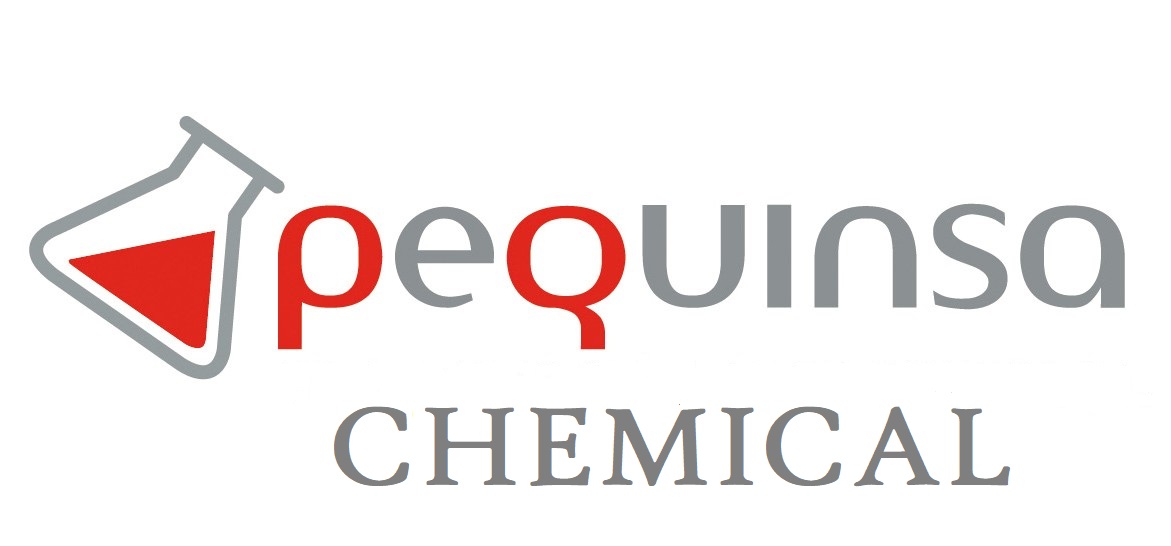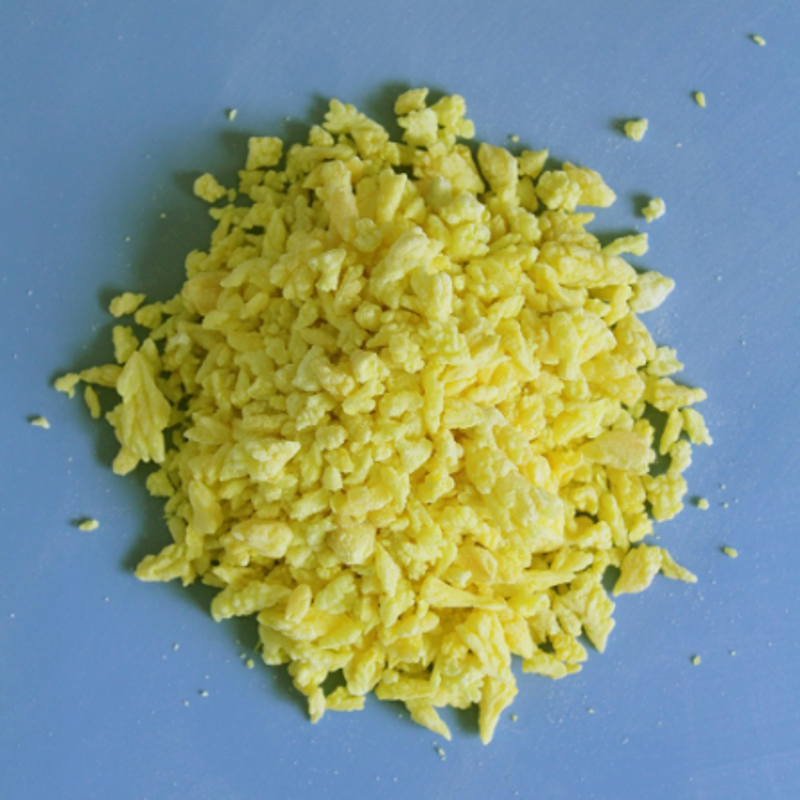-
Categories
-
Pharmaceutical Intermediates
-
Active Pharmaceutical Ingredients
-
Food Additives
- Industrial Coatings
- Agrochemicals
- Dyes and Pigments
- Surfactant
- Flavors and Fragrances
- Chemical Reagents
- Catalyst and Auxiliary
- Natural Products
- Inorganic Chemistry
-
Organic Chemistry
-
Biochemical Engineering
- Analytical Chemistry
-
Cosmetic Ingredient
- Water Treatment Chemical
-
Pharmaceutical Intermediates
Promotion
ECHEMI Mall
Wholesale
Weekly Price
Exhibition
News
-
Trade Service
Introduction: Cancer is usually very dependent on fat, which is broken down to promote the growth and spread of fatCancer can be treated with a combination of highly innovative new drugs and dietary changes, a landmark study in the UK has found, scientists at the Institute of Cancer Research in London and Imperial College London have pioneered a "drug-and-diet" cancer therapy that combines precise medicine with eating habitsDuring the procedure, they used a smart scalpel, iKnife, to detect cancer in tissue within seconds and to fight cancer with new, fat-free new metabolic therapyThe study was published in CellLooking for "metabolic fingerprints"scientists studied cancer cells in the lab and tumors from patients to find "metabolic fingerprints" -- chemical patterns left behind by the inner workings of cellsthey used an analytical feature connected to iKnife, whichscreeningvaporized tissue by rapidly heating the cut tissue to get key clues about cell metabolismin the new study, scientists found that a molecule called PI3K, which is critical to the growth and survival of cancer cells, plays a key role in triggering the release of peanut tetraoleic acid, a key omega-6 fatPI3K usually mutates in many cancers, includingbreast cancer
, gynecology and bowel cancerresearchers found that the mutation in PI3K involves the operation of another key molecule, cPLA2, which releases peanut tetraoleic acid, which in turn contributes to uncontrolled growth and spread of cancerdiet without omega-6 fats
the team later showed in mouse studies that a new drug called cPLA2 inhibitors, which is being used in clinical trials to treat various inflammatory diseases, can be adapted to treating fat-dependent cancers But these drugs only work when combined with dietary changes to limit fat consumption when mice were treated with a controlled cPLA2 drug and fed a plant-based fat-free diet at the same time, tumors with the mutation PI3K stopped growing and spreading However, cPLA2 inhibitors were ineffective when mice were fed a "western" diet rich in omega-6 fatty acids researchers believe that targeting cPLA2 is only effective when there is no dietary source of peanut tetraoleic acid or some other fat to promote cancer In other words, for these drugs to be effective, a fat-free plant diet must be adopted these findings apply only to the use of these experimental cPLA2 inhibitors They don't suggest that the presence of fat may interfere with any existing anticancer drugs, nor do they suggest that fat restrictions in the diet only stop tumorgrowth targeting cancer cells cancer has genetic weaknesses that can be treated, but this study shows that cancer is also prone to specific metabolic vulnerabilities research has found that tumors often rely heavily on specific fats and their products to promote their growth and spread, and denying that they have the ability to process them may be an effective treatment this study suggests that peanut tetraoleic acid may be a metabolic biomarker, a measurable indicator of the processes that are taking place within cancer cells This is the first study to track tumor biology and raises the prospect of future use of iKnife in surgery to detect tumors that rely heavily on fat, so patients can receive metabolic treatment next, the researchers hope to test the iKnife method in a clinical trial to identify patients who can benefit by using a drug that blocks cPLA2 and changes in diet







